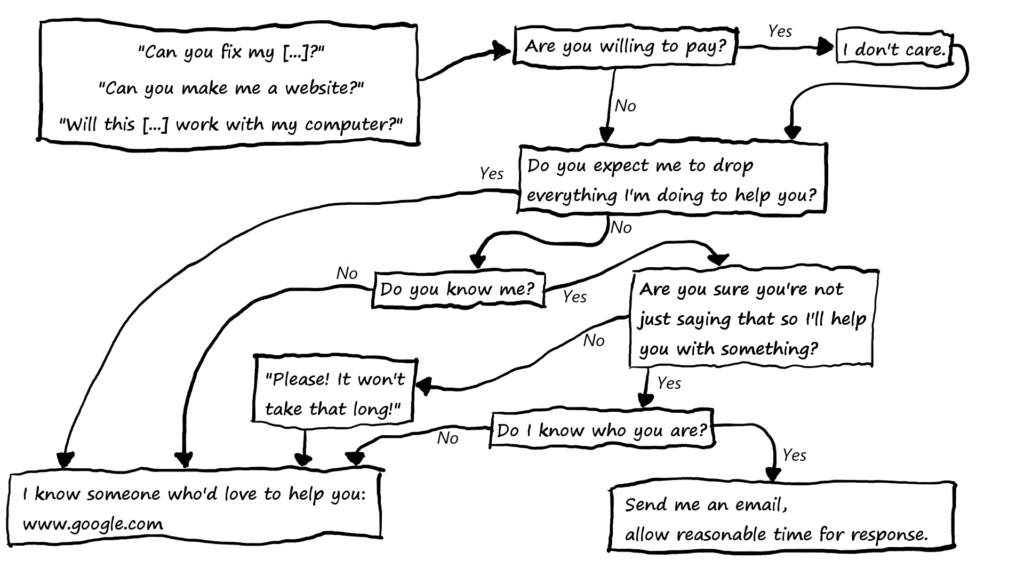As if Christmas wasn’t bad enough by itself, a week down the line lies New Year’s Day:
Good news everyone, everything’s going to be better from today; go out and drink irresponsibly and tell yourself you’re going to visit the gym frequently. Why? Because today is the arbitrary day which someone decided marked the end of one year and the beginning of the next.
But it’s not the unjustified optimism that bothers me. It’s not even people missing the apostrophe in “new year’s.” It’s the celebrations.
The number of times I have celebrated New Year’s Eve in any way (other than sitting at home ignoring the entire thing) can be counted on the fingers of one hand, one hand with only two fingers, in fact. Both times involved spending time in a nearby town which is supposedly renowned for its New Year’s Eve celebrations. Both times also involved large crowds of inebriated people pushing toward a central location in a zombie-like fashion. The latter of the two occasions involved a number of intoxicated individuals accosting me and telling me things which were frankly not their concern, and informing that my costume wasn’t very good (a relief, given that I’d not dressed up for the occasion – I can’t stand ‘fancy dress’).
The ‘fancy dress’ aspect of local celebrations reminds me of Halloween, another celebration which bothers me somewhat. What irks me the most is the way the ‘dressing up’ aspect of Halloween, for a lot of individuals, actually seems to involve wearing a lot less clothing than usual. This is a concept which troubles me since my understanding of the tradition is that it is to render oneself unrecognisable to spirits and other fictional characters – surely not wearing clothes is an ineffective tactic.
Given that everyone receives some sort of sex education these days, the (nearly) naked human form shouldn’t even fit the ‘frightening’ theme which runs through more traditional outfits.
Quite why one needs to dress up to celebrate New Year’s Eve I don’t know. I can only guess that it is to render oneself unrecognisable to anyone who might remember being told that they were ‘actually alright’ before having their shoes soaked with vomit.
